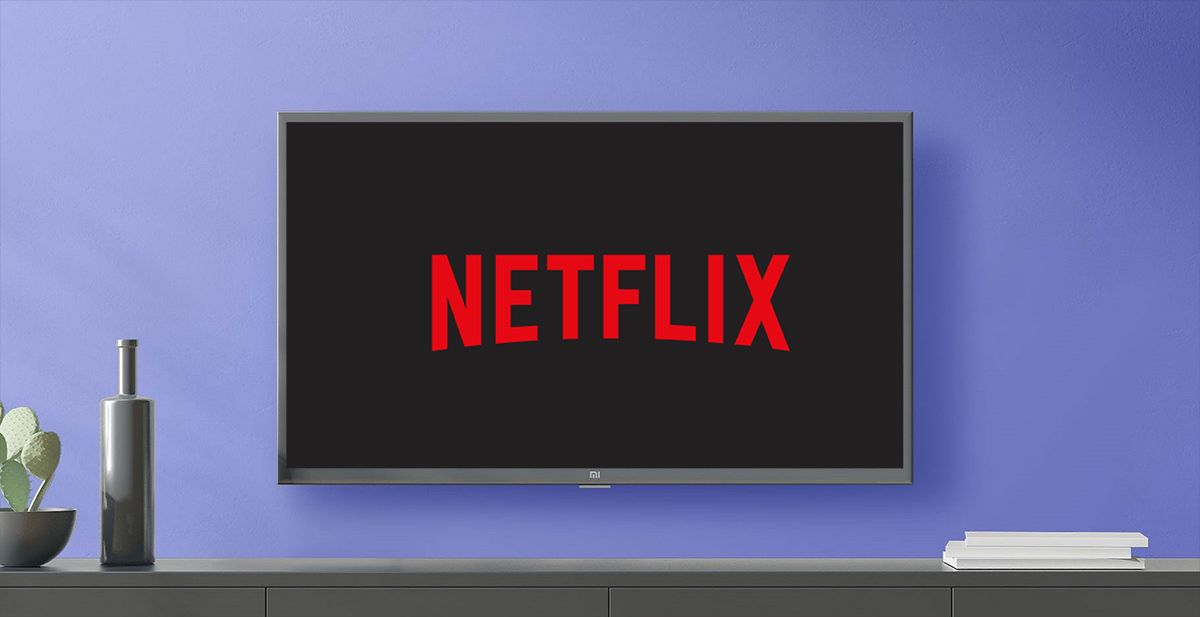Netflix has around 223 million subscribers globally, and the company says that an additional 100 million households have access to the streaming service using passwords they share with existing subscribers. Although the company has turned a blind eye to this practice for several years, it now plans to crack down on password sharing by forcing subscribers to pay an add-on fee if they wish to share their account with someone who doesn't live in the same household.
Netflix started testing this change in Chile, Costa Rica, and Peru earlier this year, asking subscribers to pay around $3 for sharing accounts with a different household. According to a recent report from The Wall Street Journal, Netflix plans to introduce this change in the U.S. early next year. Once it goes into effect, users who share accounts with friends or family who don't reside in the same household will have to pay an additional fee to share their password. The company will enforce this change based on IP addresses, device IDs, and account activity.
Netflix doesn't block users from sharing passwords to access someone else's account in the Latin American countries where it is currently testing the change. Instead, it requires them to enter a verification code sent to the primary account holder. Users can access the shared account after entering the verification code, but the service keeps showing prompts until the account holder pays the add-on fee. Netflix is considering a similar solution for the U.S., according to people familiar with the matter.
While the add-on fee might help Netflix generate additional revenue from password sharing, it could also prompt some users to cancel their subscriptions. The streaming giant has reportedly discussed several challenging scenarios that could inconvenience users and lead to subscriber loss. However, we don't have any details on how the platform aims to tackle the issues that might arise once the change goes live.
We've reached out to Netflix for a comment on the matter, and we'll update this post as soon as we learn more.
Source: The Wall Street Journal

